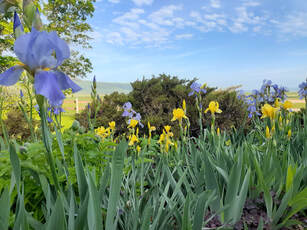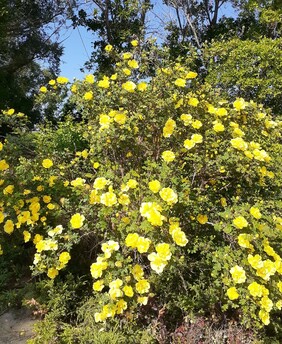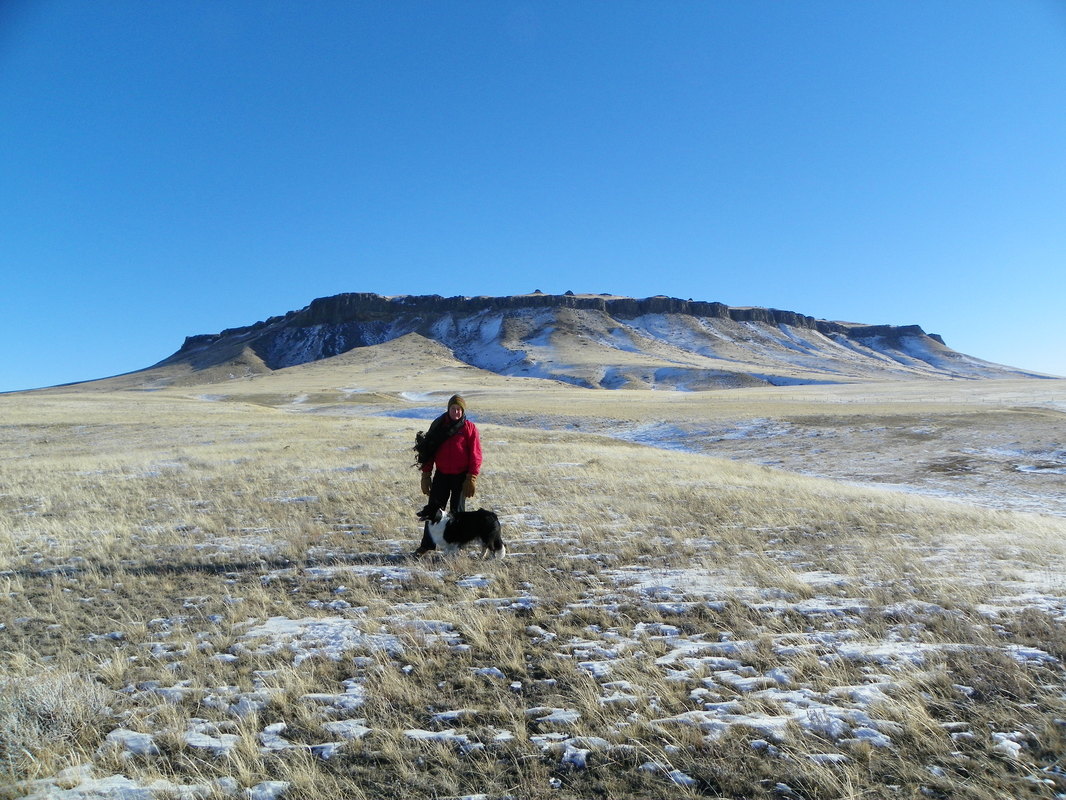
Most recently, our wickedly thorned yellow rose has taken center stage. A survivor from the Fleming family homestead—now our Prairie Island—I dug it years ago from what is now a pasture and transplanted it into a flower bed, where it has thrived. I wear long sleeves and heavy leather gloves to prune it, cut it back, and pull quack from its midst. Despite my protective gear, it always draws blood. Now it is thwarting my best efforts to propagate cuttings that fellow gardeners have requested. I’ve poked cuttings into potting soil and into vermiculite; I've tried cuttings that remained partially attached to the matriarch while encased in wet potting soil and wrapped tightly with plastic wrap. All efforts included rooting hormone for encouragement. Most recently, I punctured several potatoes, stuck cuttings into the holes and buried the potatoes in potting mix. Supposedly, that’s how pioneers carried ancestral rose cuttings west to new homesteads. If the “tuber” technique fails, perhaps the potatoes will sprout, and we can enjoy baby potatoes dug from my pots.
Whether we successfully propagate roses, potatoes, or neither, “June is bustin’ out all over,” early flowers are resplendent, and our homesteader rose is putting on a show.


 RSS Feed
RSS Feed
